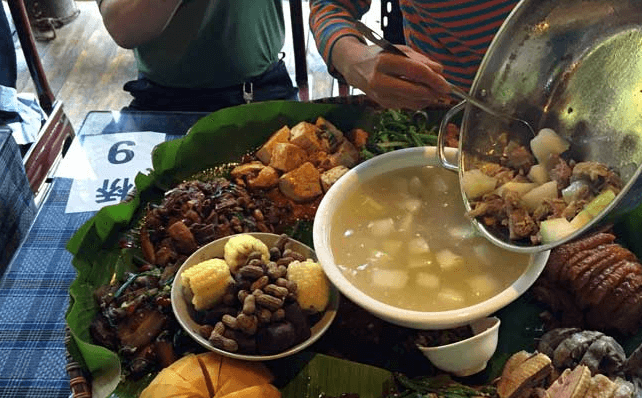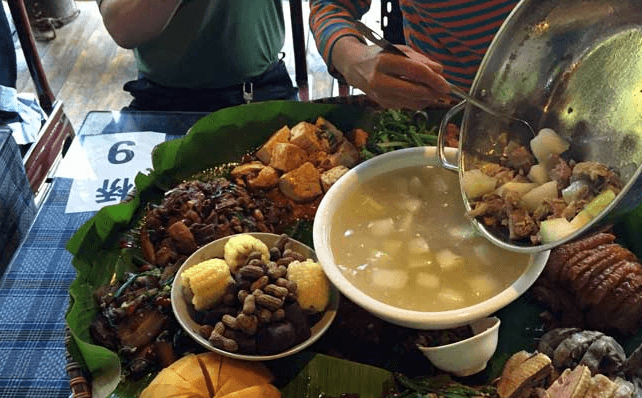Readings on the Anthropology of Food: Cuisine, Culture, and Power Read Online

The intersection of food, culture, and power offers a compelling lens through which to examine societal structures and identities. “Readings on the Anthropology of Food: Cuisine, Culture, and Power” presents an array of essays that illuminate how culinary practices serve not only as expressions of cultural heritage but also as reflections of privilege and access within food systems.Readings on the Anthropology of Food: Cuisine, Culture, and Power Read Online By engaging with the works of significant anthropologists, this collection prompts critical questions about the dynamics of food in our lives. What implications do these relationships hold for our understanding of contemporary culinary practices?
Importance of Food Anthropology
As societies evolve, the ways in which food is produced, distributed, and consumed reveal intricate layers of cultural identity, social structure, and economic systems, underscoring the significance of food anthropology.
This discipline examines culinary practices as expressions of food identity, illuminating how these practices shape community bonds and individual agency.
Read also How Often Should You Use a Facial Exfoliator? Tips for Optimal Results
Understanding these connections fosters a Readings on the Anthropology of Food: Cuisine, Culture, and Power Read Onlinedeeper appreciation for diverse food traditions and their impact on societal dynamics.
Key Themes in Food Studies
While exploring the complexities of food studies, several key themes emerge that reflect the multifaceted relationships between food, culture, and society.
Cultural identity is intricately tied to culinary practices, revealing how individual and collective identities are expressed through cuisine.
Additionally, power dynamics manifest in food production and consumption, highlighting issues of privilege, access, and control, which shape societal structures and cultural narratives.
Notable Essays and Authors
Exploring the realm of food studies reveals a rich tapestry of notable essays and influential authors who have shaped the discourse around the anthropology of food.
Works by authors such as Claude Lévi-Strauss and Mary Douglas present impactful essays that dissect culinary practices, illuminating the connections between food, Readings on the Anthropology of Food: Cuisine, Culture, and Power Read Onlineculture, and power.
Their insights foster a deeper understanding of how food constructs identity and societal structures.

Accessing Online Resources
A plethora of online resources serves as invaluable tools for those delving into the anthropology of food.
Digital libraries provide expansive collections of texts and multimedia, while academic journals offer peer-reviewed research essential for critical analysis.
Read also Essentials Clothing: Urban Style Meets Ultimate Comfort
These platforms empower scholars and enthusiasts alike, promotingReadings on the Anthropology of Food: Cuisine, Culture, and Power Read Online a deeper understanding of culinary practices through accessible information, fostering an environment where knowledge thrives and diverse perspectives can flourish freely.
Conclusion
The exploration of food anthropology reveals a complex interplay between culinary practices and societal structures. While food serves as a medium for cultural expression and identity, it simultaneously underscores disparities in access and privilege. This juxtaposition highlights the dual nature of cuisine as both a unifying force and a marker of social division. Through the lens of influential essays, the intricate dynamics of food, culture, and power emerge, fostering a deeper understanding of global culinary traditions and their implications for society.






